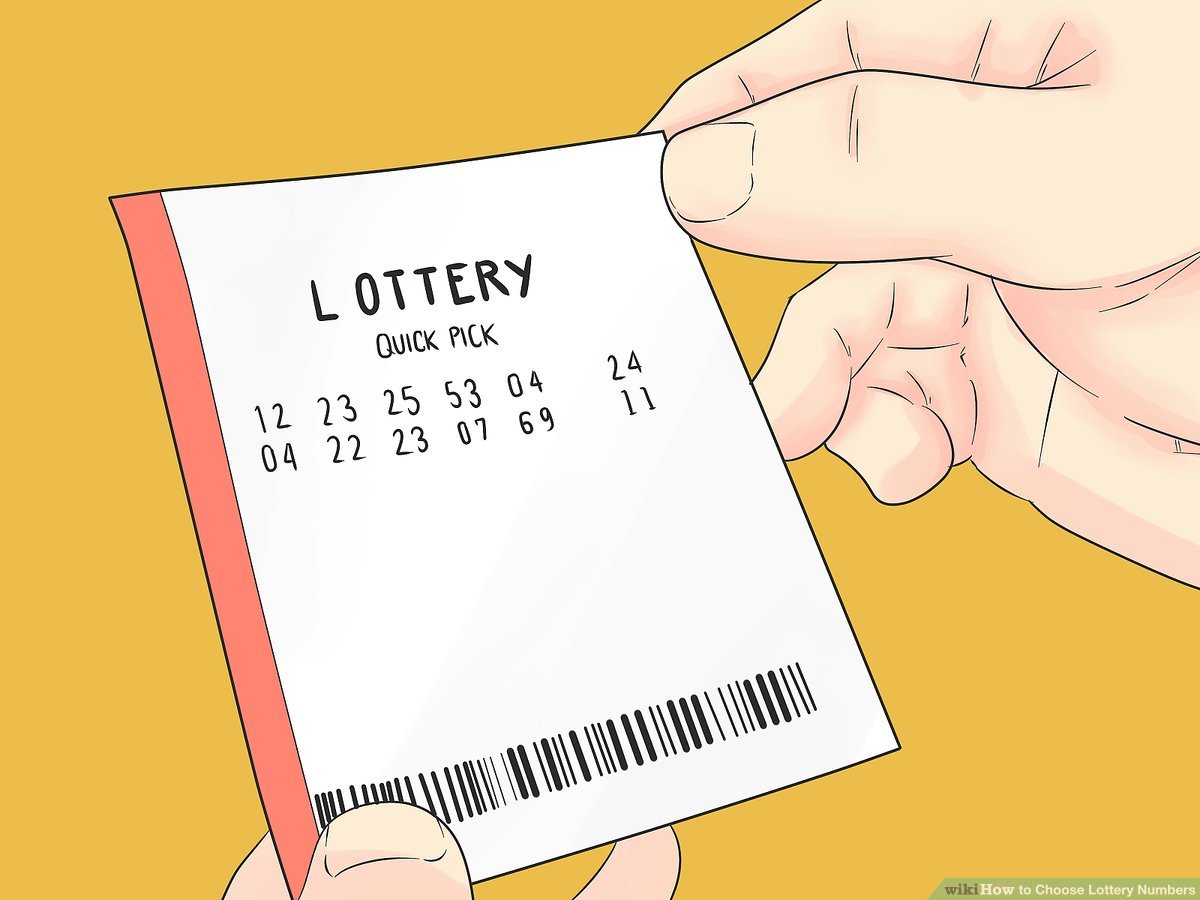The Benefits of Playing the Lottery

A lottery is a form of gambling where people purchase tickets for a prize, such as a cash jackpot. The chances of winning vary based on how many tickets are purchased and the amount spent per ticket. Prizes can range from a few hundred dollars to millions of dollars. Some countries have banned the lottery while others endorse it and regulate its operations. In the US, the lottery contributes billions to state budgets each year. Despite its drawbacks, some people enjoy playing the lottery for the chance to win big.
Unlike some forms of gambling, lotteries don’t necessarily involve the player making a wager on an outcome that can’t be changed. Instead, the players choose a group of numbers and hope that some or all of them match those randomly selected by a machine or human. The prizes are typically awarded based on the number of matching numbers. Buying a ticket can be done either online or in person, and the odds of winning can vary dramatically depending on how much is spent.
In some cases, the prize money may be divided among several winners or distributed to the public in general. Other times, a single winner is awarded all of the prize money. The origins of lotteries can be traced back centuries. In the Old Testament, Moses was instructed to take a census of Israelites and divide their land by lot. Later, Roman emperors gave away property and slaves in lotteries.
Today’s lotteries are marketed to attract customers with huge, headline-grabbing jackpots. These super-sized prizes are not only an effective way to sell tickets but also give the games a windfall of free publicity on news sites and TV shows. They’re designed to appeal to a desire for instant wealth in an age of inequality and limited social mobility.
Lottery games are popular around the world, and they generate a significant portion of state revenue. The average American adult spends about $2 each week on a ticket, but the odds of winning are very low. In fact, the prizes on offer are often only about half of the money that is paid in by those hoping to get rich quick. This is why governments guard their lotteries so jealously, even though they are a terrible tax on the poor and middle classes.
To find out how lottery funds are allocated to each county, select a county on the map or type in its name in the search box. This page provides detailed information on how the lottery is funded by the state controller’s office and how it impacts the local community. Each county’s contribution is calculated based on the number of students attending high-quality public schools, which are defined by the California Education Code as having adequate resources and meeting rigorous academic standards. In addition to the lottery’s direct funding to public schools, it also supports the state’s economy through a variety of indirect benefits.